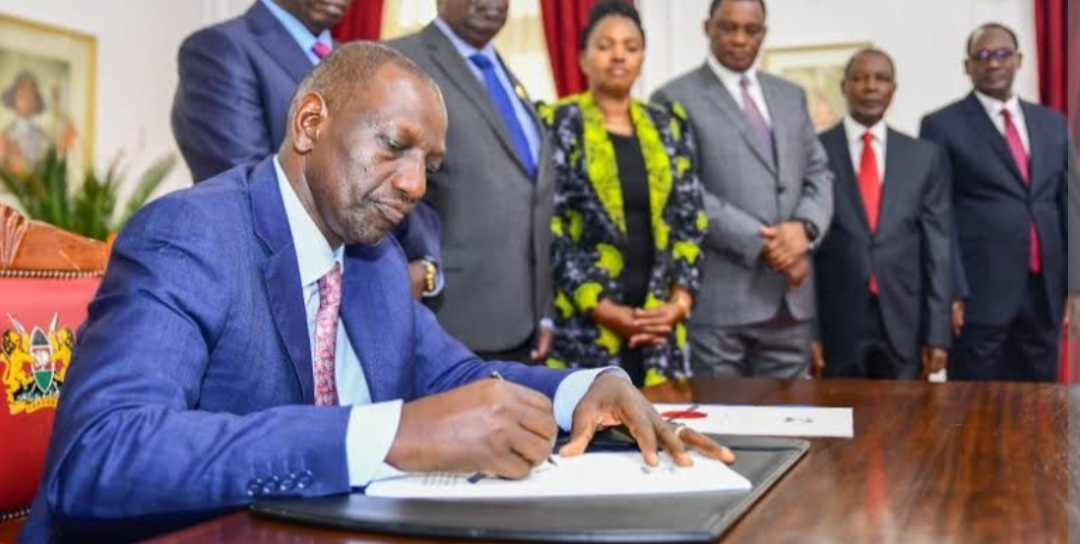Tensions Flare: South Africa accuses Israel of Breaching International Law in Gaza
Relations between South Africa and Israel took a sharp turn this week, as Foreign Minister Naledi Pandor leveled serious accusations against the Israeli government. In a strongly worded statement, Pandor condemned Israel's actions in Gaza, claiming they "amount to flagrant violations of international law and the Geneva Conventions."
"The ongoing military operations in Gaza, and the disproportionate use of force against Palestinian civilians, raise serious concerns about the deliberate targeting of innocent civilians," Pandor stated. "These actions constitute war crimes and may even amount to crimes against humanity and genocide."
Pandor's remarks, delivered during a meeting of the United Nations Human Rights Council, sent shockwaves through the international community. Israel swiftly issued a rebuttal, dismissing the accusations as "baseless and inflammatory."
"Israel takes all necessary precautions to avoid civilian casualties," an Israeli Defense Forces spokesperson declared. "These allegations are unfounded and politically motivated. We urge South Africa to retract its irresponsible statements and engage in constructive dialogue."
The recent escalation in violence in Gaza, triggered by ongoing clashes between Hamas and Israeli forces, has resulted in numerous civilian casualties on both sides. The international community has expressed growing concern about the situation, urging both parties to exercise restraint and work towards a peaceful resolution.
South Africa's stance, siding with the Palestinian cause, marks a significant departure from its traditionally neutral position on the Israeli-Palestinian conflict. This shift aligns with the country's commitment to human rights and the protection of civilians in war zones.
Analysts attribute this change to several factors, including the strong public sentiment in South Africa favoring the Palestinian struggle, a historical solidarity with oppressed peoples, and a deepening frustration with the lack of progress towards a two-state solution.
The South African government's blunt condemnation of Israel is likely to further strain relations between the two nations. It remains to be seen whether this will lead to concrete diplomatic consequences or ultimately serve as a catalyst for renewed dialogue and efforts towards peace.
The world waits with bated breath as the situation in Gaza continues to unfold. Whether South Africa's forceful position will sway international opinion and influence the course of events remains uncertain. However, one thing is clear: the conflict's tragic human cost underscores the urgent need for a lasting peace deal that guarantees the safety and security of both Israelis and Palestinians.
Labels: Gaza, International Law, Israel, Naledi Pandor, South Africa







































